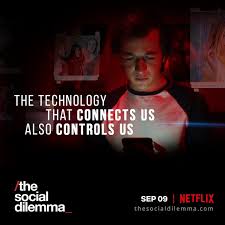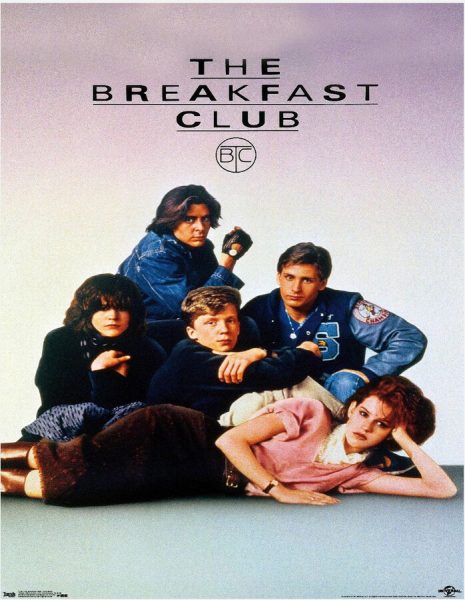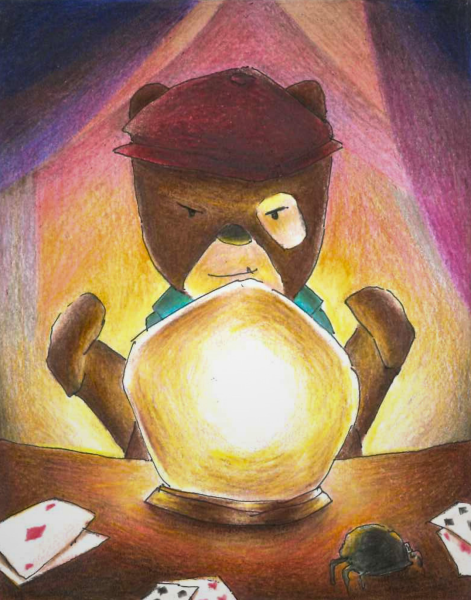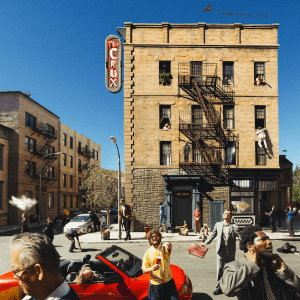Can we stop social media sites from mining our data?

Google Images under the Creative Commons License
Netflix premiered a special on technology and the affects that it might be having on our lives.
Can we stop social media sites from mining our data?
Olivia Romick
Social media is advancing at a rate we have never seen before, and now experts are wondering how we can control these large corporations from mining our personal information for profit.
Netflix’s original documentary The Social Dilemma from director Jeff Orlowski tells a tale of modern technology treating individual people as products, all slaves of social media websites with no regulations or rules. Sounds like a scary story, right? The problem is that we are currently living it.
From Exposure Labs production company, The Social Dilemma focuses on Tristan Harris, former Google design ethicist and Center for Humane Society co-founder. As he explains the way social media sites mine our data for profit, another story runs parallel. This secondary fictional story focuses on an average American family made up of Ben (Skylar Gisondo), his sisters Isla (Sophia Hammons) and Cassandra (Kara Hayward), and their father and mother (Chris Grundy and Barbara Gehring).
The documentary begins with a quote from Sophocles, “Nothing vast enters the life of mortals without a curse.” Former employees from Apple, YouTube, Facebook, and Instagram provide personal interviews on how technology has evolved into, among the descriptions, “a digital pacifier” or slot machines. Several former executives insist that their intentions were pure when they first created Facebook like buttons, for example. They claim they made the buttons to encourage positivity and had no way of knowing that they would contribute to the rising anxiety, depression and suicide rates among teen and pre-teen girls.
Everything we do online is tracked, and large corporations are hacking people’s psychology for more growth. In our current society, corporations believe they need to attain profit at any cost. The tagging friends feature is one way that these corporations capture our attention. As Harris said, “Who wouldn’t click on that notification?” We are constantly being watched by these companies, as another executive commented, “We are all lab rats.”
Another quote in the documentary comes from Edward Tufte, “There are only two industries that call their customers ‘users’: illegal drugs and software.” Dr. Anna Lembke, Director of Addiction Medicine from Stanford University, says that “social media is a drug.” Ben, from the fictional secondary story, tells his mother that he can go a week without using his phone. After only three days, Ben uses his phone again. This time, however, he falls into a rabbit hole of conspiracy theories. In this fictional universe, he joins a resistance group called Extreme Center, which calls on people not to vote and ignore the truth. This group introduces perhaps the worst product of social media, fake news.
According to statistics from this year, on Twitter, fake news travels six times faster than real news. Our country is now more divided than ever, and we have no desire to see the other point of view, whether it concerns politics, conspiracy theories or celebrity gossip. Every technology expert presented in the film ensures that artificial intelligence will not and cannot take away fake news. The technology itself is not the threat according to Harris, it is “its ability to bring out the worst in society.” We can’t put the genie back in the bottle, so how do we fix this problem that will send us, according to all the technology experts, to certain doom?
Harris assures us in the final few moments of the film that while social media sites certainly can turn us into a dystopian society, and some would argue it already has, it has many features that make us a utopian society. We can connect with anyone from around the world with only the click of a button, and google maps allow us to travel anywhere. On the flip side of the coin, many problems in society have been traced back to these social media websites. There is no one bad guy in this situation. Harris said, “There’s a problem happening in the tech industry, and it doesn’t have a name, and it has to do with one source.” There are no rules or regulations in the tech industry, and no laws about digital privacy. We don’t just want to change, we have to change.
When asked what they were most worried about, the former tech employees answered, “civil war,” or that we will “destroy our civilization and we won’t survive.” We have to realign the digital incentive for these large corporations. Without it, they have no reason to continue mining our data. Jeff Seibert, former Twitter executive, likens us to trees worth more dead than alive. When we are dead, or absent-mindedly consuming media, we are worth more to social media websites than we are when we are living or interacting with the physical world around us. We may not know precisely how we will fix this increasingly alarming issue, but as Tristan Harris put it, “We built these things, and we have a responsibility to change it.”
Olivia Romick is a junior at West Liberty University pursuing a bachelor’s degree in journalism and a minor in history. She is a contributing writer...






